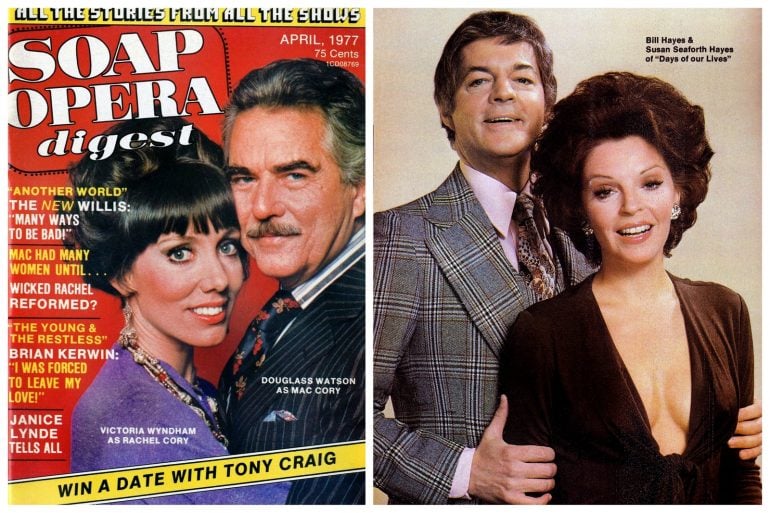An observation is to be made as we consider how the culture industry can function as part of a system of control and its greater potential for exploitation across media discourse.
One could say, that the emergence of follow-along, melodramatic and lifestyle short-series exceeded more than just ordinary and day-to-day entertainment. āSoap Operas’ introduced by the Radios in the US in, the midst of the 1930s, saw manufacturers of soap and other household goods target a primarily female audience. It was through an emphasis on family life and a focus on personal and emotional relationships that these companies were then both able to entertain and market their goods at the same time.
Across the 1950s, as the genre gained traction and popularity through Television it became clear how important soap operas came to be in a much wider social and cultural context. Although expressing a fictional reality āthe representations built by soap operas were associated with the daily life and social contexts in which they were immersedā. (De La Barrera, Melinda Ayers, 2008) From this came the image of the āperfect housewifeā. One that would ideally subscribe to the societal beliefs and values encoded in these series. By creating and promoting a standardised etiquette like āgood housekeepingā ,’ the dream house’, āthe love of cookingā and essentially what it meant to be a āa good wifeā was just one of the many ways these companies subtly but effectively advertised their goods across their fan base.
Social theorists Adorno and Horkheimer refer to how popular culture in capitalistic societies functions as an industry to produce standardised products as a means to then produce standardised people.
Soap Operas here are a clear example of where the culture industry is seen as the actual ācommodification of art forms succumbed to the production methods and sales techniques of mass-production.ā(Scanell,2007) By prompting the average American to adopt a certain version of the American Dream like the ānuclear familyā or the āperfect housewifeā showcases how entertainment (in this case the art form) can and is used as a tool of control and the consequent desensitisation of the masses that follows.
Adorno and Horkheimer position the masses as rather objects of manipulation. They understand the Culture Industry as part of the system of domination subjected to only the interests of money and power. These companies like the Soap manufacturers use the commodification of culture in turn to commodify human conciseness. This way they can dictate the very needs and wants of the masses that they supposedly cater to.
In actuality, the āperfect housewifeā would be nowhere near perfect; not even close and this is because the culture industry intends to keep its consumers and their needs at a constant booming pace. Consumers’ needs are only gratified – yet only just so until popular culture changes so that more needs are created and so that more needs are to be met at an endless loop.
References
http://socialsciences.scielo.org/scielo.php?script=sci_arttext&pid=S0797-60622008000100004#:~:text=Soap%20operas’%20plots%20express%20a,to%20society%20values%20and%20beliefs. [Accessed: 23/10/2023]
Electronic Document Format(APA)de la Barrera, Melina Ayres. (2008). Soap operas, to entertain and to educate. Cuadernos del CLAEH, 4(se) Retrieved October 23, 2023, from http://socialsciences.scielo.org/scielo.php?
script=sci_arttext&pid=S0797-60622008000100004&lng=en&tIng=en. [Accessed: 23/10/2023]
https://culturalstudiesnow.blogspot.com/2013/12/adorno-and-horkheimer-culture-industry.html [Accessed: 23/10/2023]
Horkheimer, M. and Adorno, T. 2002. The Culture Industry: Enlightenment as Mass Deception. In: Noeri, G. ed.Ā Dialectic of Enlightenment. Redwood City: Stanford University Press, pp. 94-136.Ā https://doi.org/10.1515/9780804788090-007 [Accessed: 23/10/2023]
https://www.youtube.com/watch?v=dvmM7_GaOp0 [Accessed: 23/10/2023]
https://www.youtube.com/watch?v=q7EN8CkMY0A [Accessed: 23/10/2023]


Your blog introduces the development of the cultural industry through the example of soap operas, which is really intuitive. It can not only promote economic development, but also meet the needs of consumers. At the same time, I am also a fan of American TV series, which really attracts me. Also, the photos and videos you added are really great!!